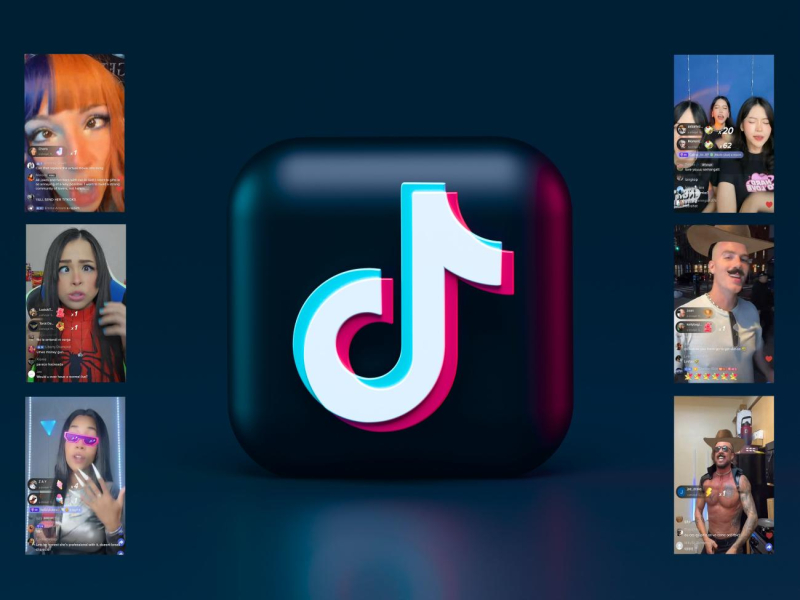
Image source: Alexander Shatov on unsplash
Internal documents reveal that TikTok was fully aware of the devastating effects of its algorithm on young people's mental health. However, the company preferred to minimize the preventive measures, fearing a drop in audience. These revelations once again raise the question of the responsibility of digital giants in the face of public health.
It’s hard to look away when videos are constantly scrolling on TikTok… And that’s the Chinese company’s goal: to capture the minds of its young users. According to internal documents revealed by Kentucky Public Radio, TikTok was well aware of the harmful effects of its platform, particularly in terms of anxiety and addiction.
This information, cited by Le Parisien, comes from a court file bringing together thirteen American prosecutors. Internal exchanges show that, from the beginning, TikTok knew that its algorithm fueled compulsive consumption. The observation ? “Compulsive use (of TikTok) is linked to a series of negative effects on mental health, such as the loss of the ability to analyze,” concluded the platform’s researchers. Anxiety, memory loss and inability to carry on conversations are just some of the symptoms observed.
What is shocking is the company's reaction. Aware of the seriousness of the situation, TikTok has not sought to significantly improve its protection measures. Why ? Because limiting the time spent on the platform would have risked causing a drop in audience numbers. “Our goal is not to reduce the time spent,” a company manager ironically said in an internal exchange. In short, user engagement is paramount, regardless of the consequences.
Faced with these accusations, TikTok is trying to defend itself by denouncing “misleading quotes” and highlighting its parental control tools. But that is not enough to overshadow the fact that the company only acted when the spotlight was on it. It is commitment at all costs, even if it means sacrificing a generation to digital dopamine.
You liked the article ? It mobilized our editorial staff, which lives only on your donations.
Information has a cost, especially since competition from subsidized editorial staff requires increased rigor and professionalism.
With your support, France-Soir will continue to offer its articles for free because we believe that everyone should have access to free and independent information to form their own opinion.
You are the sine qua non condition for our existence, support us so that France-Soir remains the French media which allows the most legitimate people to express themselves.

